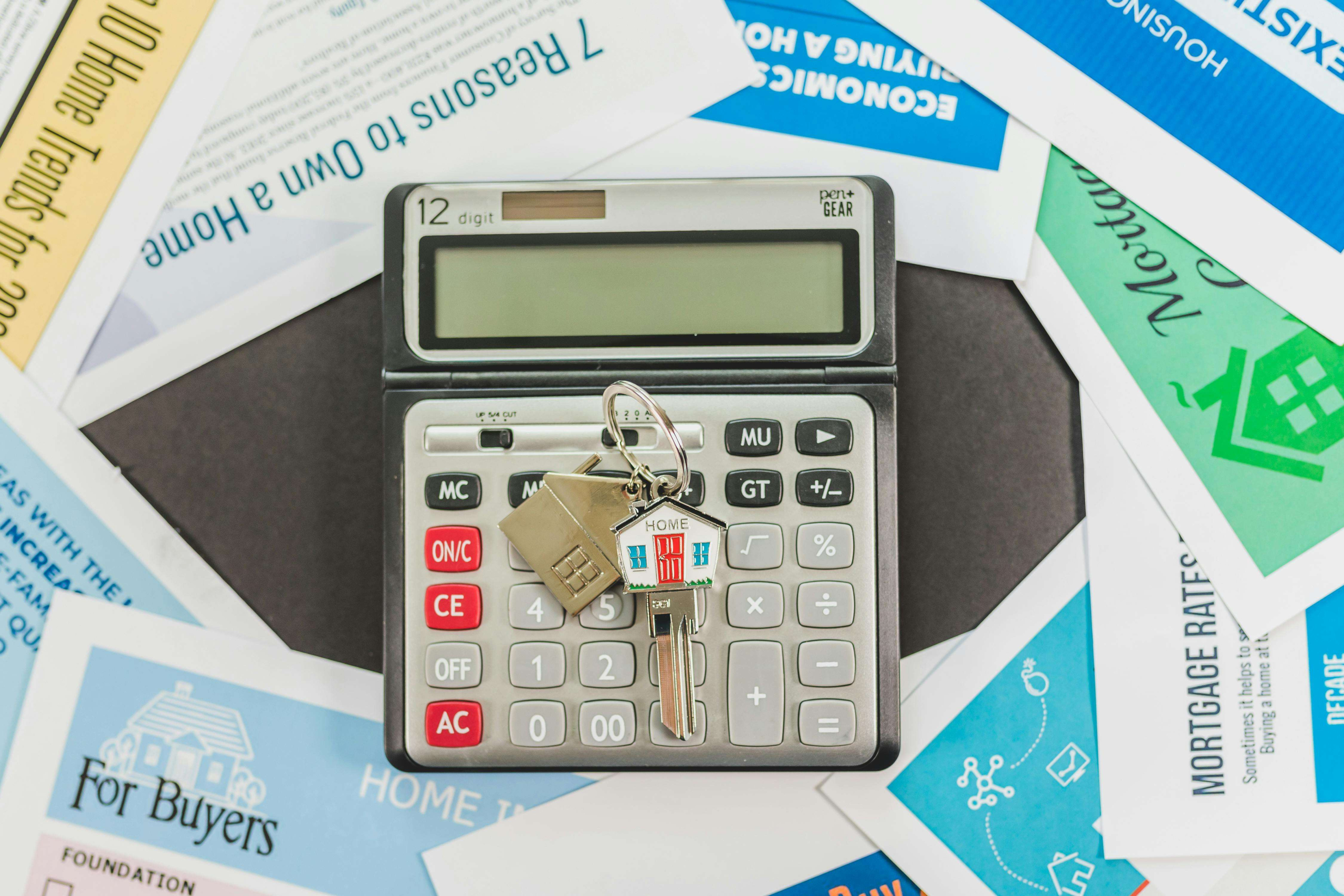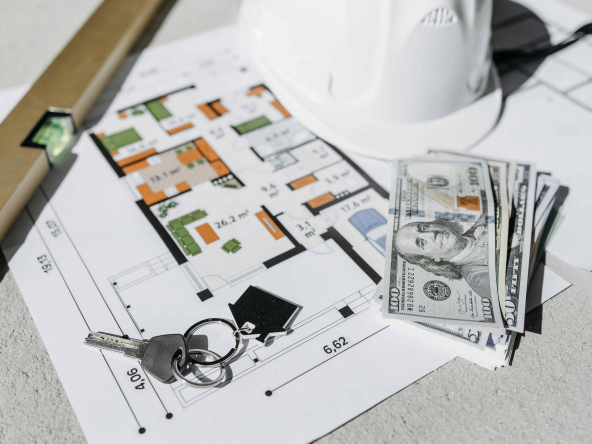In Kenya’s fast-evolving real estate market, accurate property valuation is essential for buyers, sellers, developers, and investors alike. Whether you’re purchasing your first home, investing in land, or securing financing for a commercial project, knowing the true market value of a property helps you make informed, profitable decisions.
Property valuation is more than just putting a price tag on a building, it’s a detailed process that considers location, market trends, development potential, and economic conditions.
In this guide, we’ll explore the key property valuation methods used in Kenya, how professional valuers determine value, and why these methods matter for real estate investors.
1. What Is Property Valuation?
Property valuation is the process of estimating the current market worth of a real estate asset, based on objective data and professional judgment.
Valuation reports are often required for:
-
Buying or selling property
-
Mortgage or loan applications
-
Insurance and taxation purposes
-
Investment analysis or feasibility studies
-
Dispute resolution or compensation (e.g., in compulsory land acquisition cases)
In Kenya, property valuations are carried out by registered and licensed valuers regulated by the Valuers Registration Board (VRB) under the Valuers Act (Cap 532).
2. Why Property Valuation Matters for Investors
Accurate valuation is at the heart of smart investing. For property investors, it ensures that decisions are based on real market data rather than assumptions.
Benefits include:
Fair pricing: Avoids overpaying or underselling property.
Investment analysis: Helps calculate rental yields, ROI, and appreciation potential.
Financing: Banks use valuation reports to determine loan-to-value (LTV) ratios.
Risk reduction: Identifies overvalued assets or hidden market fluctuations.
Strategic planning: Assists in portfolio management and future resale projections.
In short, valuation gives investors confidence in their financial choices — whether it’s a land purchase in Ruiru, an apartment in Kilimani, or a commercial block in Mombasa.
3. Common Property Valuation Methods in Kenya
Kenyan valuers typically use four main approaches to determine a property’s market value. The method chosen depends on the property type, purpose of valuation, and available data.
A. Comparative (Market) Approach
This is the most widely used valuation method for residential, commercial, and land properties.
It involves comparing the subject property to recently sold similar properties within the same location or neighborhood.
Key factors considered:
-
Location and accessibility
-
Land size and shape
-
Building condition and age
-
Amenities (e.g., water, roads, security, schools)
-
Current demand in the area
Example: If three similar apartments in Kileleshwa sold for between KES 15M and KES 17M, the valuer may estimate your apartment’s value within that range, adjusting for differences like floor level or finishes.
Best for: Residential houses, apartments, and serviced plots.
B. Cost (Depreciated Replacement Cost) Approach
This approach estimates the cost of constructing a similar property from scratch then deducts depreciation (wear and tear) to arrive at the current value.
Formula:
Property Value = Land Value + (Construction Cost – Depreciation)
Valuers gather data on current construction costs, material prices, and professional fees to estimate replacement value.
Example: A newly built home in Syokimau may have a construction cost of KES 10M, while depreciation of 10% is applied for age and usage resulting in a building value of KES 9M, plus land value.
Best for: Special-purpose properties (schools, factories, hospitals) and buildings with no active sales data.
C. Income (Investment) Approach
Used primarily for rental or income-generating properties, this method values property based on the income it can produce over time.
Formula:
Value = Net Annual Income ÷ Capitalization Rate (Yield)
Example: If a commercial building earns a net annual income of KES 2 million and the market yield is 10%,
Value = 2,000,000 ÷ 0.10 = KES 20 million
Valuers consider:
-
Occupancy rates
-
Rental income trends
-
Maintenance costs
-
Market yields for similar investments
Best for: Rental apartments, office blocks, and retail spaces.
D. Residual (Development) Method
This method is used for undeveloped or redevelopment land especially where there’s potential for construction or subdivision.
It calculates the residual value of land after accounting for development costs and profits.
Formula:
Land Value = Gross Development Value – (Construction Costs + Developer’s Profit + Misc. Expenses)
Example: If the projected sale value of a housing project is KES 100M, and total development plus profit costs are KES 80M, the land’s residual value would be KES 20M.
Best for: Developers assessing feasibility of real estate projects.
4. Key Factors Influencing Property Value in Kenya
A property’s market value is affected by a combination of economic, physical, and social factors.
Location: Proximity to roads, schools, hospitals, and business districts.
Demand and supply: Market conditions determine how quickly properties sell or rent.
Infrastructure: Roads, drainage, and utilities directly impact value.
Property condition: New, well-maintained properties attract higher valuations.
Legal status: Clean title deeds, proper zoning, and compliance increase marketability.
Economic indicators: Inflation, mortgage rates, and GDP growth influence investor confidence.
5. Who Can Conduct a Property Valuation in Kenya?
Property valuations must be carried out by registered valuers under the Valuers Registration Board (VRB).
Before hiring a valuer:
-
Confirm they are listed in the official Valuers Registration Board (VRB) directory.
-
Ensure they are members of The Institution of Surveyors of Kenya (ISK).
-
Request a written valuation report with a signed certificate of value.
Tip: Avoid informal valuations, only licensed valuers can issue reports recognized by banks, courts, and government authorities.
6. How Much Does Property Valuation Cost in Kenya?
Valuation fees are standardized under the Valuers (Forms and Fees) Rules. Typically, the fee ranges from 0.25% to 1% of the property’s value, depending on the size, type, and complexity of the assignment.
Example:
-
For a KES 10 million property, valuation fees might range between KES 25,000 and KES 60,000.
Additional costs may apply for travel, research, or specialized reports (such as feasibility studies).
7. When Should You Get a Property Valuation?
Property valuation isn’t a one-time event. Investors should conduct periodic valuations to stay informed of market shifts.
Recommended times:
-
Before buying or selling
-
When applying for a mortgage or refinancing
-
During insurance renewal
-
For taxation or estate planning
-
Before major renovations or redevelopments
Regular valuations help you track appreciation, identify underperforming assets, and plan exit strategies effectively.
Property valuation is a cornerstone of smart real estate investing in Kenya. Understanding how valuers determine value and what factors they consider empowers investors to make informed, profitable choices.
Whether you’re buying, developing, or leasing, always work with a qualified valuer to ensure accuracy, transparency, and compliance.
As Kenya’s property market grows more dynamic, having a solid grasp of valuation methods can mean the difference between an average investment and an exceptional one.




